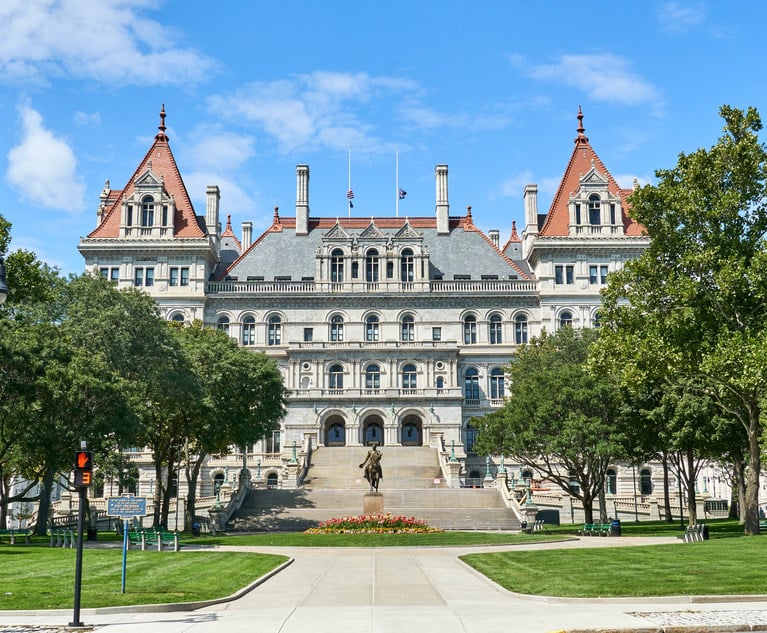 Interest accrues on unpaid no-fault claims at the rate of 2% per month, commencing when a claim becomes overdue, or, if the medical provider applicant delays commencement of a lawsuit or arbitration, when the suit or arbitration is commenced. Prior to April 5, 2002, the no-fault regulations provided for interest to be paid on overdue claims at the rate of 2% compounded (11 NYCRR 65.15(h)(1)). For accidents occurring on or after April 5, 2002, interest is calculated at 2% per month, simple (11 NYCRR 65-3.9). Under either regulation, the accrual of interest can certainly add up, and will surpass the principal amount after a little more than four years under the current (simple interest) regulations and after three years under the old (compound interest) regulations.
Interest accrues on unpaid no-fault claims at the rate of 2% per month, commencing when a claim becomes overdue, or, if the medical provider applicant delays commencement of a lawsuit or arbitration, when the suit or arbitration is commenced. Prior to April 5, 2002, the no-fault regulations provided for interest to be paid on overdue claims at the rate of 2% compounded (11 NYCRR 65.15(h)(1)). For accidents occurring on or after April 5, 2002, interest is calculated at 2% per month, simple (11 NYCRR 65-3.9). Under either regulation, the accrual of interest can certainly add up, and will surpass the principal amount after a little more than four years under the current (simple interest) regulations and after three years under the old (compound interest) regulations.
In Pro-Med Medical, P.C. v. MVAIC, 74 Misc.3d 130(A) (2d Dep’t 2d, 11th & 13th Jud. Dists. 2022), the plaintiff medical provider commenced suit to recover no-fault benefits in July 2001. The defendant failed to answer, and in October of that year, the plaintiff obtained a default judgment for a principal sum in excess of $16,000, plus pre-judgment interest of just over $1,000, and attorney fees and costs. In March 2018, almost 17½ years later, the defendant paid the initial judgment amount, plus a little over $29,000 in post judgment interest calculated at the simple rate of 9% per year pursuant to CPLR §5004. The plaintiff rejected the payment on the basis that the defendant failed to pay the full amount due. The defendant moved for the entry of a satisfaction of judgment, arguing that as it fully paid the judgment amounts, plus post-judgment interest, it had fully satisfied its obligations. The court disagreed and denied the motion. On appeal, the Appellate Term affirmed, holding that the specific interest provisions of 2% per month for no-fault actions, as contained in Insurance Law 5106 and the no-fault regulations cited above supersede the general provision of 9% per year as contained in CPLR 5004.






